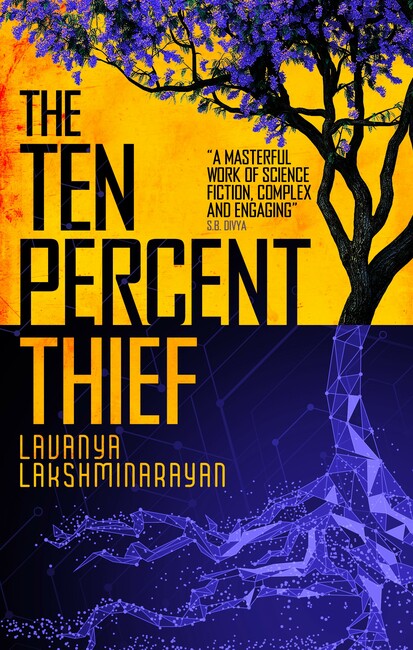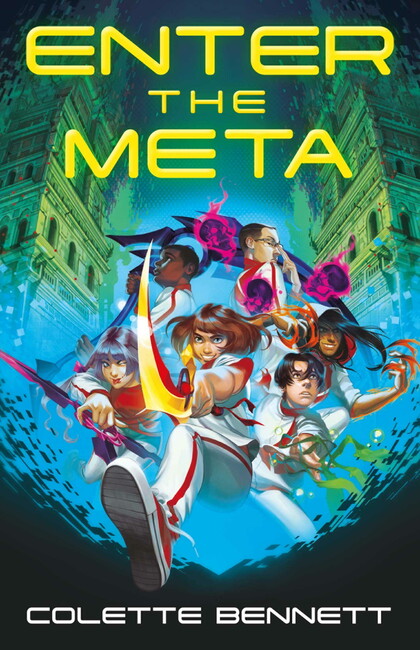Jason Kingsley on Self-Publishing (Part 3)
1st June 2015
“Never assume you know everything – because you don’t – and be willing to invest in the right people.”
As originally published on MCV, Rebellion CEO Jason Kingsley continues his series on self-publishing. In this column, Jason explains how Rebellion went global with the launch of grindhouse compilation Zombie Army Trilogy.
Self-publishing involves a lot more complexity than work for hire. With work for hire you normally have one deal with one partner; it’s straightforward and you don’t have to worry about how this deal might affect any others.
As a developer-publisher, however, there are a lot more moving pieces to track, and they all interact with one another – like one of those sliding block puzzles.
Retailers and distributors still have a lot of input over how and where your game is sold, and they have a lot of people in their value chain that they need to protect and consider. It’s only right that everyone should be paid fairly, but with rapidly changing market conditions in our sector, tensions can arise which are difficult to balance.
Whilst retail is still an extremely important component of the overall sales mix, it’s now not the only game in town and it’s fair to say that, due to the shift in the landscape towards digital, the terms on offer have changed a lot over the past five years. From the perspective of a self-publisher, this has been a welcome development.
Critical to managing multiple agreements is staying calm and checking your obligations. People can often get their nose put out of joint, and as a self-publisher you have a lot more people to keep happy. Remind yourself that everybody wants to sell your great project, even if they pretend they don’t think it’s any good. Have a realistic level of confidence in your title and don’t be frightened to politely disagree.
Evaluating the sticky bit of a contract, being clear on what you are trying to protect – and what the other party is trying to protect – will often get you halfway towards a resolution.
Ultimately, contracts are there for everyone’s protection and benefit so, if you’re honest about what you all want and willing to insert a clause, search for a solution and compromise where necessary, then there are very few roadblocks that cannot be overcome.
Sometimes people have ‘red-line’ terms they aren’t able to cross, but remember that sometimes these red-lines are negotiating tactics, too. Try to see the issues from the other side, and if their point is reasonable, then agree to it.
Find your harbour master
UK developers make games for a global audience, but when it comes to physical and digital sales, it’s not easy to work out who distributes where – with some people operating ‘globally’ and others saying they are ‘global, except for China’. There are also huge legal variations by country, on top of the differences between consumer protection and business-to-business laws.
The upshot is that you need help. You need to find your harbour master, someone who – in travel or seafaring terms – knows all the regulations and operational procedures of a particular port, in order to ensure safe travel. For Rebellion’s Zombie Army Trilogy, that was Garry Williams from Sold Out, who helped us navigate these channels. If you don’t know someone who can help you in this respect, then get networking.
Never assume you know everything – because you don’t – and be willing to invest in the right people. As the old Red Adair quote goes: “If you think it’s expensive to hire a professional to do the job, wait until you hire an amateur.”
Mistakes can be expensive, in both financial and reputational terms. When it comes to everything from legal to distribution counsel, control the scope of what you’re asking them about – it saves a lot of money if you know the specific areas where you need input.
That said, don’t be afraid to ask if there’s anything else you need to know. With lawyers in particular, I find they have a healthy pessimism that often provides hard-charging games entrepreneurs with a valuable reality check.
Be sure to check out parts 1 and 2, and look out for the fourth and final part on the Rebellion blog later this week.















